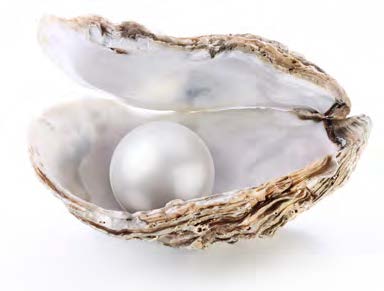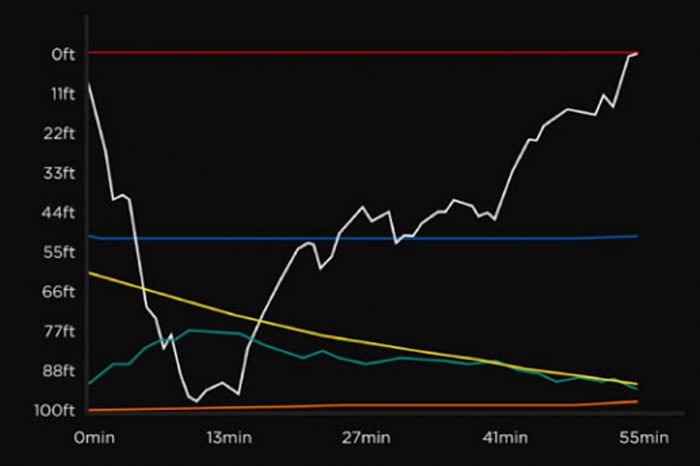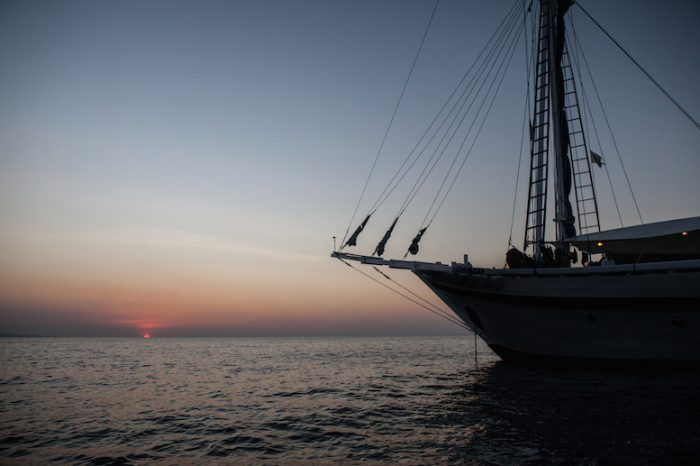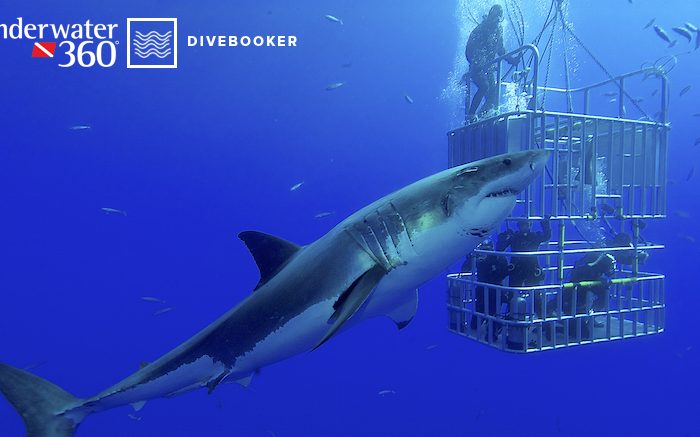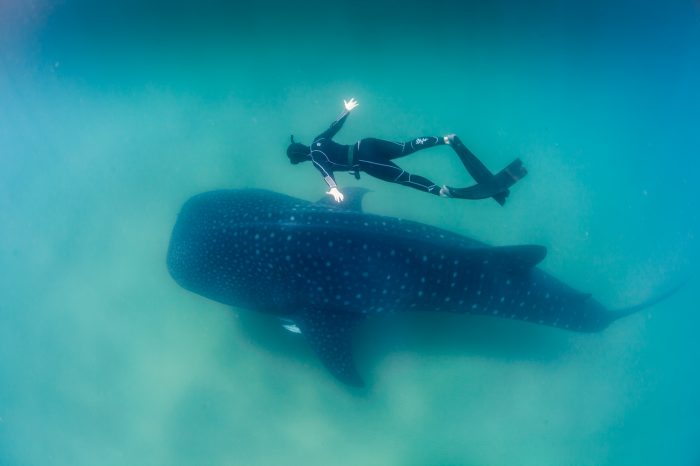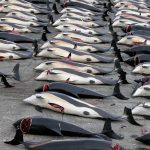The Role of the Dive Industry in Marine Conservation
ADEX Singapore conservation and scuba forum speaker, David McCann, explains why dive operators have a role – and responsibility – to act in marine conservation.
The world’s oceans face a myriad threats: Worldwide, coral reefs are being irreparably damaged. Species of marine life are disappearing at an unprecedented rate. Conservation of the marine ecosystem is at a delicate point, and there is no group better placed for the advocacy of marine protection than the dive industry. More specifically, there is no group with a larger responsibility to act for marine conservation than the dive industry.
Why is it our responsibility?
Regardless of our role in the dive industry, whether that be as the operator, the dive professional or the guest – we are lucky to experience the joy and beauty of the underwater world. With this joy comes a responsibility to protect and conserve. However, it is not just our moral responsibility to promote marine conservation – it is a responsibility to the future of our industry and our livelihoods that makes engaging in marine conservation a sustainable and sensible business choice.
Dive professionals are fortunate to have turned a passion into a career, thanks to people’s love of the ocean. As a dive operator, you are making money from the ocean – so it is only sensible that you help protect it. Our business relies on a healthy marine ecosystem – it is an intelligent business decision to invest time and resources into acting for marine conservation to ensure the sustainability of your business. Dive operators undertaking marine conservation activities will not only ensure a healthy ocean, but it will ensure healthy business for them for years into the future.
The unique position of the dive industry
Those of us working as dive operators are in a key position to share our passion with others, while promoting environmentally responsible diving and marine conservation. We are also fortunate enough to be in a position where we can engage both local communities and tourists in marine conservation activities – a huge target audience in one swoop. This is a huge positive impact for marine conservation.
Not only that, our operations are widespread, including remote locations in far-flung corners of the globe. We are ideally situated to play a prominent role in marine conservation and make a real difference, if we all work towards the same goals. From the Coral Triangle to Hawaii, the Great Barrier Reef and dive sites as far north as Alaska and the European Arctic, we are a group of locally based organisations ideally situated to make a global difference.
For example, take the Coral Triangle region, which covers a mere 1.5 percent of the world’s total ocean area, but it is home to 363 million people, of which 120 million rely directly on the ocean for sustenance. It is the most biodiverse region in the world’s oceans, and it generates an estimated US$2.3 billion per year through tourism, fishing and coastal protection. Any local action by an operator to undertake marine conservation within this area will not only safeguard the amazing biodiversity, but will also safeguard the future of local communities and the economic revenue they depend on.
The potential is staggering.
What can we do? Start with the basics
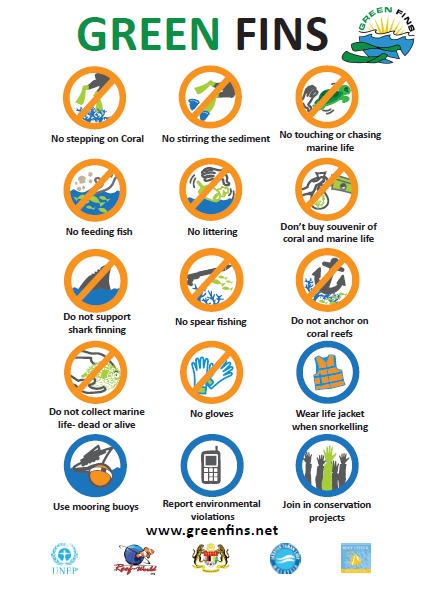 Marine conservation starts at home – make your operation as “green” as possible. Dive operators, through both their construction and operation phases, will inevitably have impacts on the marine environment; it is imperative that we minimise these as much as possible.
Marine conservation starts at home – make your operation as “green” as possible. Dive operators, through both their construction and operation phases, will inevitably have impacts on the marine environment; it is imperative that we minimise these as much as possible.
- Avoid practices that would accelerate coastal erosion, build on coral reefs or disrupt animal nesting and feeding sites.
- Reduce your reliance on freshwater sources by installing rainwater catchers. Install an efficient sewage treatment system to reduce organic pollutants into the marine environment, and use biodegradable cleaning products.
- Reduce, reuse, recycle. Have a dedicated recycling station at your operation.
- Provide free water bottle refills to discourage people from buying water in disposable bottles. Ban the use of straws, if you have a bar in your operation.
- Reduce your reliance on fossil fuels (and cut your energy overheads) by using renewable energy sources, such as solar power.
- Provide only sustainably sourced seafood.
- Protect the reef – embrace responsible diving practices.
- Ensure your divers practice correct neutral bouyancy. No touching or harassing of marine life. Do not let divers take a photo at the expense of the natural environment. Enforce a “no glove” policy, unless there is a pre-existing medical condition.
- Reduce boat speeds around shallow reefs to reduce collision risks. Do not use anchors, as these cause major damage to coral reefs. If you are located somewhere that anchors are necessary, then install mooring buoys as an alternative.
For example, Green Fins, internationally coordinated by the Reef-World Foundation, promotes a comprehensive approach that encourages dive centres and snorkel operators to reduce their environmental impacts. This is primarily done through the operators adopting a Code of Conduct that will help mitigate their impacts when carrying out marine tourism activities. Green Fins set out environmental compliance standards and environmentally-friendly operating guidelines, to provide guidance and support for business owners and national authorities to promote best practices.
What can we do? Get the message out there
Some people are unaware of the threats facing our oceans. By raising awareness and drawing attention to some of the issues, as well as suggesting some straightforward solutions, you can inspire others to take action. Visitors to your dive operation will not only get involved with your projects, but they will carry the marine conservation message home with them.
- Start with your staff – they are the ones who will be interacting with guests on a daily basis. Inspire, motivate and engage them to become ambassadors for the oceans. Then move on to engaging your guests.
- Display marine wildlife and conservation posters, and give conservation presentations at your operation. Your guests’ diving experience will be enhanced by new facets of information about marine life and conservation.
- Do not just present the problems – provide activities for people to be part of the solution, for example, a beach clean against marine debris.
- Include the local communities in your conservation activities. Find out if there are any local conservation groups who need partners. Engage the local government authorities alongside these conservation groups.
For example, run a “Day Against Debris” in your area. Invite a local conservation group to give a presentation to the local community about the problem of marine debris, with a beach or island clean after. Give a similar presentation to your guests, and invite your guests to join the cleanup. Invite the local government to attend the day. There will be an immediate, visible – cleaner – result in the area, and also a powerful message for everyone to take home. Working together, we can make a difference.
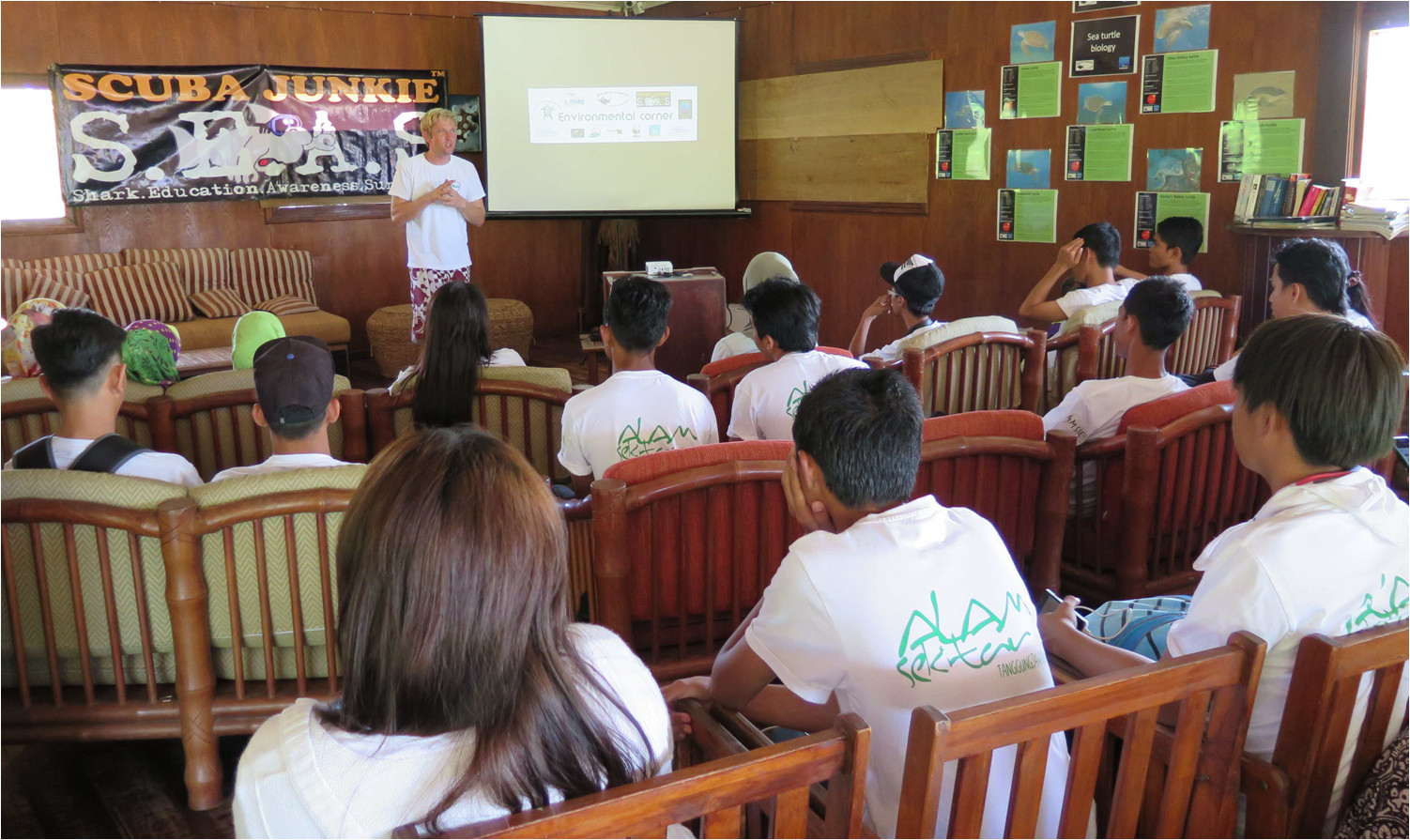
Dave McCann giving a presentation to Green Semporna, our local environmental conservation group.
Wh
at can we do? Citizen science and facilitating research
A lot of dive operations are located in far-flung and remote locations. However, there is probably very little scientific data (if any) being recorded in these areas. Divers can make a substantial contribution to filling these knowledge gaps.
If you want to take it further than citizen science, invite researchers and NGOs to stay at your resort and use your facilities to conduct proper scientific research.
- Keeping sighting records and submitting to relevant authorities – or marine conservation groups. This can help to identify key areas and seasonal fluctuations for particular species, which will in turn help to inform management practices and aid in marine conservation.
- Get involved in PADI’s Project AWARE “Dive Against Debris”, which relies on dive operators to carry out cleanups. The collected rubbish is analysed and the data submitted so that Project AWARE can take more targeted action.
For example, the dive industry and manta researchers have forged a powerful partnership. Organisations around the world – such as the Manta Trust, the Marine Megafauna Foundation and the Aquatic Alliance – collect manta identification pictures from divers to help build up population data. Such contributions have proved invaluable. It was originally thought that the mantas in Bali and the mantas in Komodo were two distinct populations. However, sighting data from photographs, together with the work of the Aquatic Alliance based at local dive operators in the area proved that they were one population that migrate between the two locations.
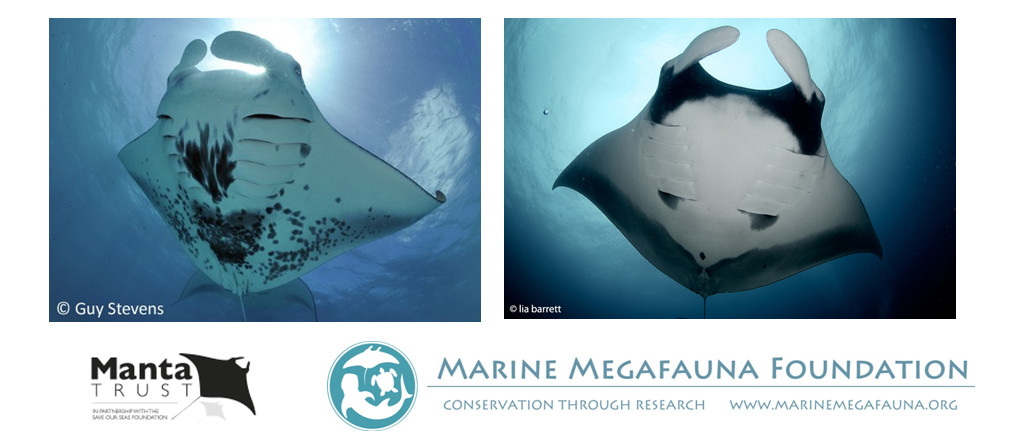
What can we do? Give back
This part is specific to and tailor-made by each dive operation. This is about you – the operator – identifying key local environmental issues and/or concerns of the local community, and implementing initiatives aimed at tackling them. Such initiatives may require heavy investment of money, time and resources – but will reap rewards further down the line.
For example, at Scuba Junkie, we run a Local Divemaster Internship, which provides employment opportunities for local people in the scuba industry. It is very expensive to become a Divemaster, especially for people who may be working as fishermen, gardeners, housekeeping, and so on. Our scheme takes members of the local community from never having dived before, through from DSD, OW, AOW, EFR, Rescue and Divemaster – with all training costs and registration fees paid for by Scuba Junkie. We have a firm emphasis on environmental impact throughout training, which helps to produce not just local divemasters, but local ocean guardians. Successful candidates are then offered a paid work contract with Scuba Junkie. This provides a valuable certification, as well as employment opportunity in the area. They start to receive salary straightaway, rather than working for free – which is ultimately unfair, and gives an unrealistic outlook on the job market, but also of their worth as dive professionals.
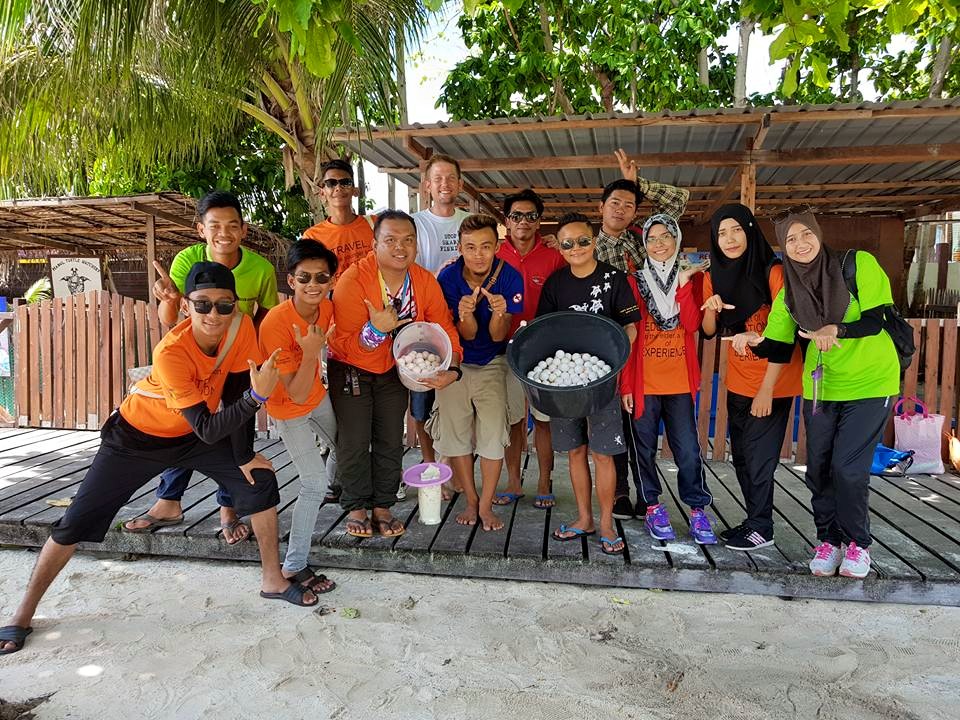
Two Honorary Wildlife Wardens (HHWs), Dionne and Kai, at a recent Turtle Week event by Scuba Junkie on Pulau Mabul. They are explaining turtle nest relocations to students from Kolej Komuniti. Both Kai, Dionne and another HWW, Afat, came through our divemaster internship programme. They have shown such amazing dedication and interest in protecting their marine environment that we put them forward for the Sabah Wildlife Department’s “Honorary Wildlife Warden” scheme.


